With open hearts and outstretched hands, we stand as advocates for dignity, autonomy, and the inherent worth of every person under our care.
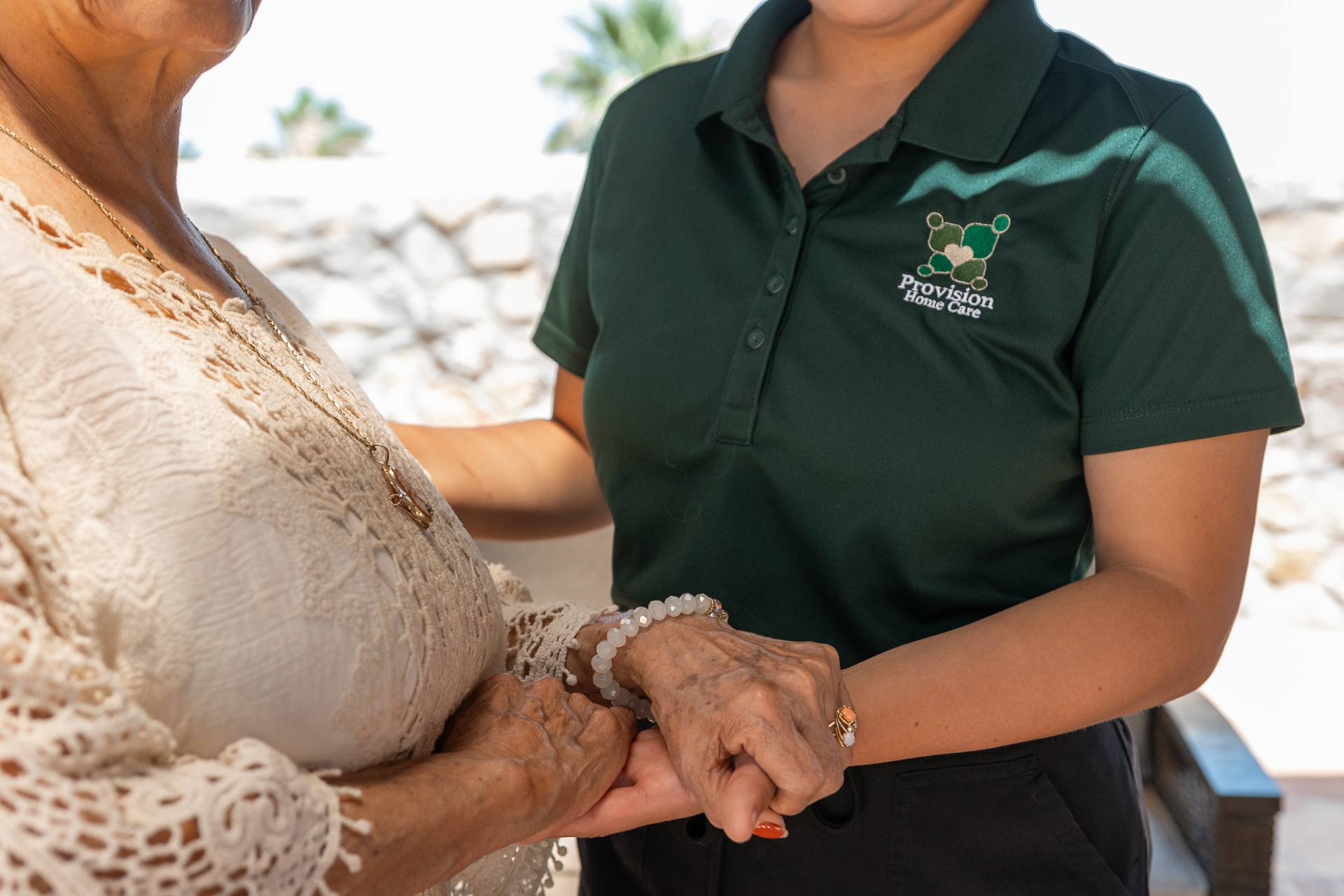
Caring for someone with dementia involves creating a safe environment, establishing a predictable routine, and communicating clearly and patiently. Daily activities should be tailored to their abilities and interests, while assisting with personal care and ensuring proper nutrition and medication management.
Emotional support is crucial, acknowledging their feelings and maintaining social connections. Caregivers must also prioritize their own well-being, seeking support when needed to manage the challenges of caregiving effectively. Regular consultation with healthcare professionals helps in adjusting care strategies to meet the evolving needs of the individual with Alzheimer’s disease.
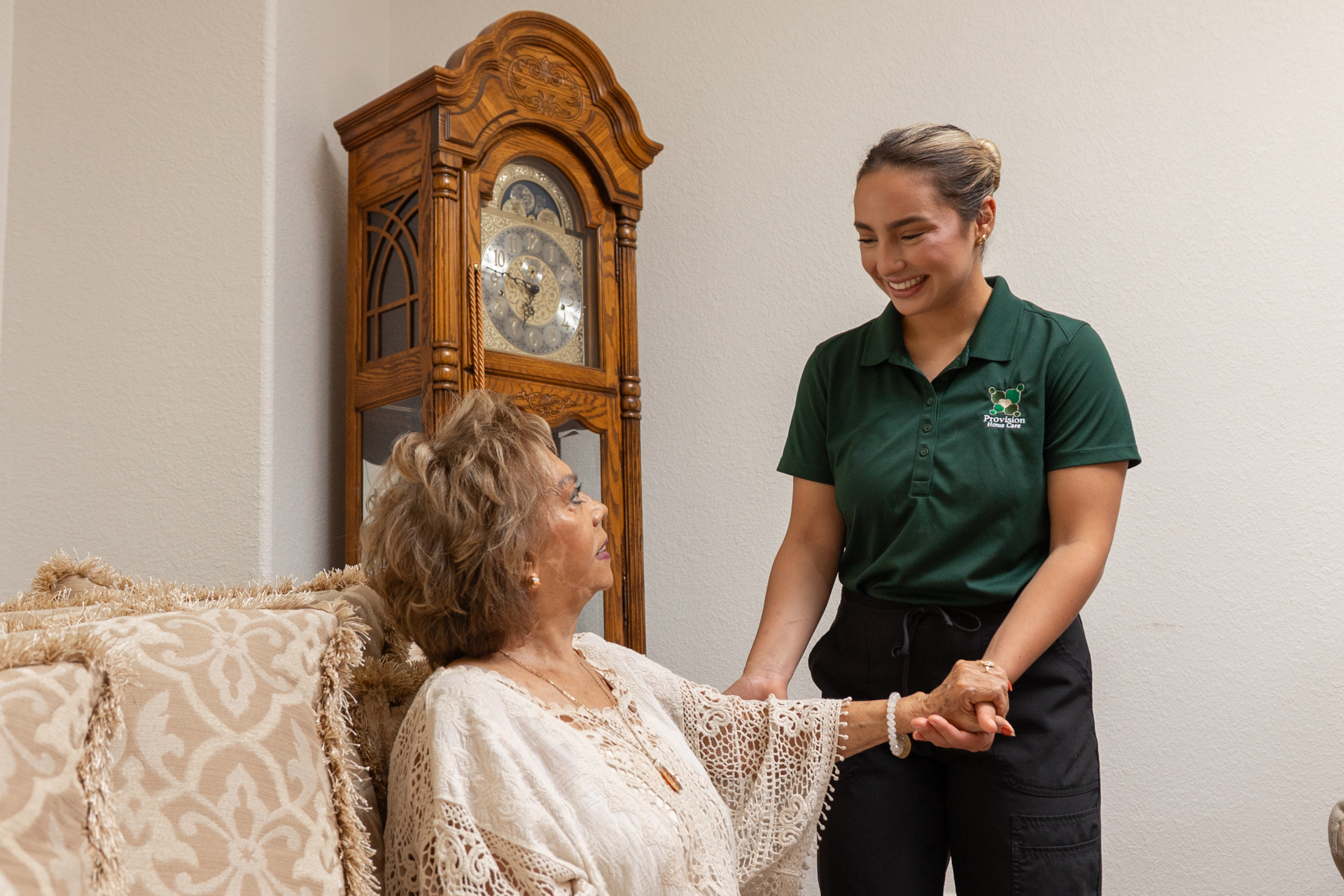
Companionship care focuses on providing emotional support, companionship, and social interaction to individuals who may be elderly, disabled, or dealing with health conditions like Alzheimer's disease. Caregivers engage in activities that promote mental stimulation, such as conversations, playing games, reading aloud, or going for walks.
They provide a reassuring presence and help alleviate feelings of loneliness and isolation. This type of care is essential for enhancing quality of life, fostering emotional well-being, and maintaining a sense of connection to the world outside. It often complements other caregiving tasks by addressing the social and emotional needs that are vital for overall health and happiness.

Errand services provided by caregivers are invaluable for individuals who may have limited mobility or health challenges. These services typically include tasks such as grocery shopping, picking up medications, running to the post office, or other necessary errands.
Caregivers ensure that essential items are obtained efficiently and safely, relieving the individual of the burden of these tasks. This support not only meets practical needs but also enhances independence and quality of life by enabling individuals to remain in their homes comfortably while still having access to necessary goods and services. Caregivers who provide errand services play a crucial role in maintaining a sense of normalcy and convenience in their clients’ daily lives.

Light housekeeping services offered by caregivers encompass tasks that help maintain a clean and organized living environment for individuals who may have difficulty managing household chores due to age, illness, or disability. These tasks typically include light cleaning such as dusting, sweeping, mopping, and vacuuming, as well as tidying up common areas.
Caregivers also assist with tasks like laundry, changing linens, and ensuring kitchen and bathroom areas are kept sanitary. By handling these responsibilities, caregivers help create a comfortable and safe home environment that promotes well-being and reduces stress for those they care for. This support allows individuals to focus on their health and daily activities without the added worry of household maintenance.

Meal preparation by caregivers involves planning and cooking nutritious meals tailored to the dietary needs and preferences of the individuals they care for. Caregivers ensure that meals are balanced, delicious, and served at appropriate times. They may accommodate special diets, allergies, or restrictions, making adjustments as needed to promote health and well-being.
Beyond the practical aspect of providing nourishment, meal preparation by caregivers contributes to a sense of comfort and enjoyment in daily life. It allows individuals to maintain independence and dignity by ensuring they receive nutritious meals without the stress or physical effort of cooking themselves. Caregivers play a crucial role in supporting overall health through thoughtful meal planning and preparation, enhancing the quality of life for those they care for
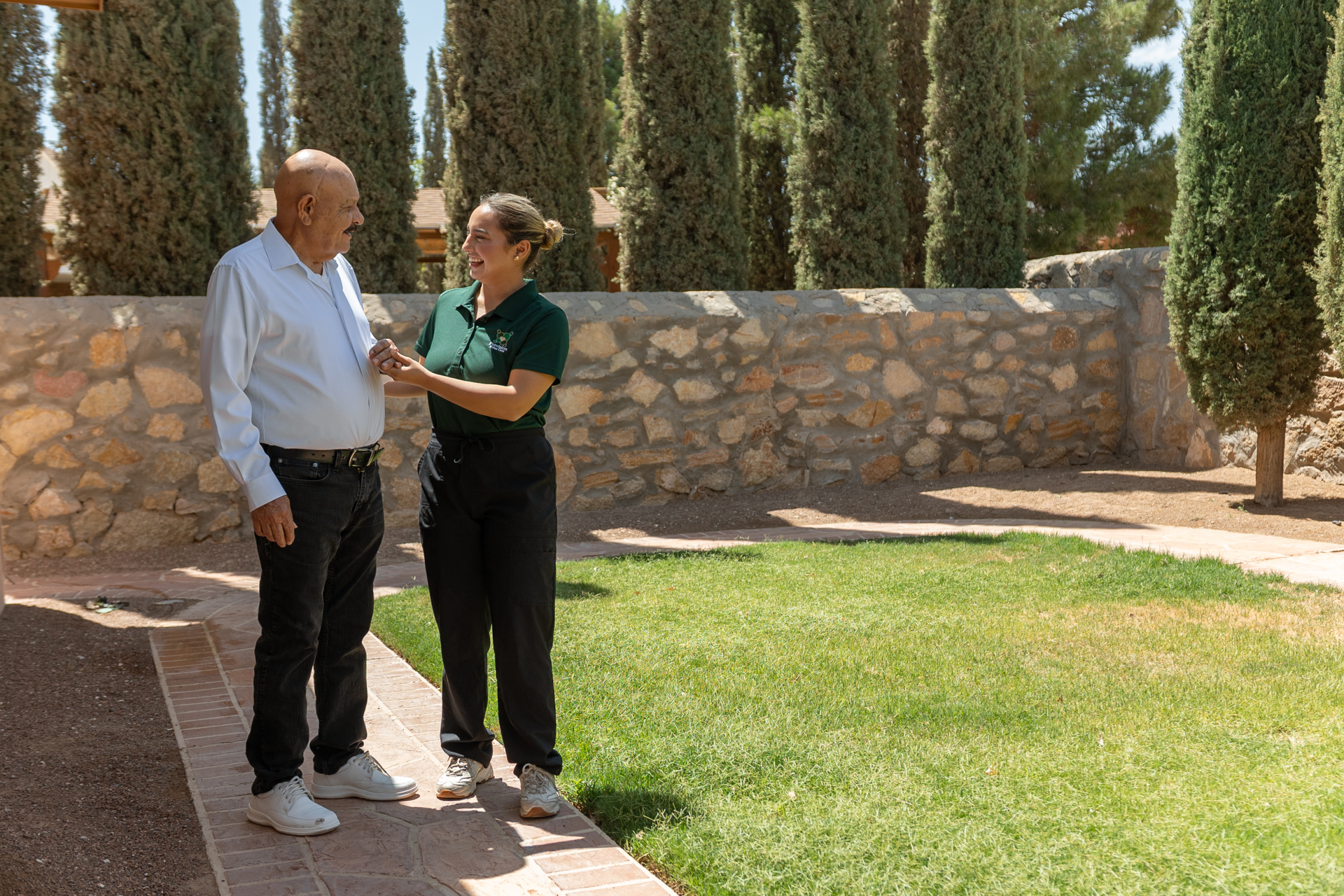
Non-medical transportation provided by caregivers ensures individuals have access to essential appointments, activities, and outings outside their homes. Caregivers arrange and facilitate transportation to and from medical appointments, grocery stores, social events, and other necessary destinations.
This service is especially valuable for individuals who may have mobility limitations, ensuring they can maintain their independence and engage in community activities. Caregivers prioritize safety and comfort during transportation, adapting to individual needs and schedules. By offering reliable and supportive transportation services, caregivers play a vital role in enhancing the quality of life and overall well-being of those they assist
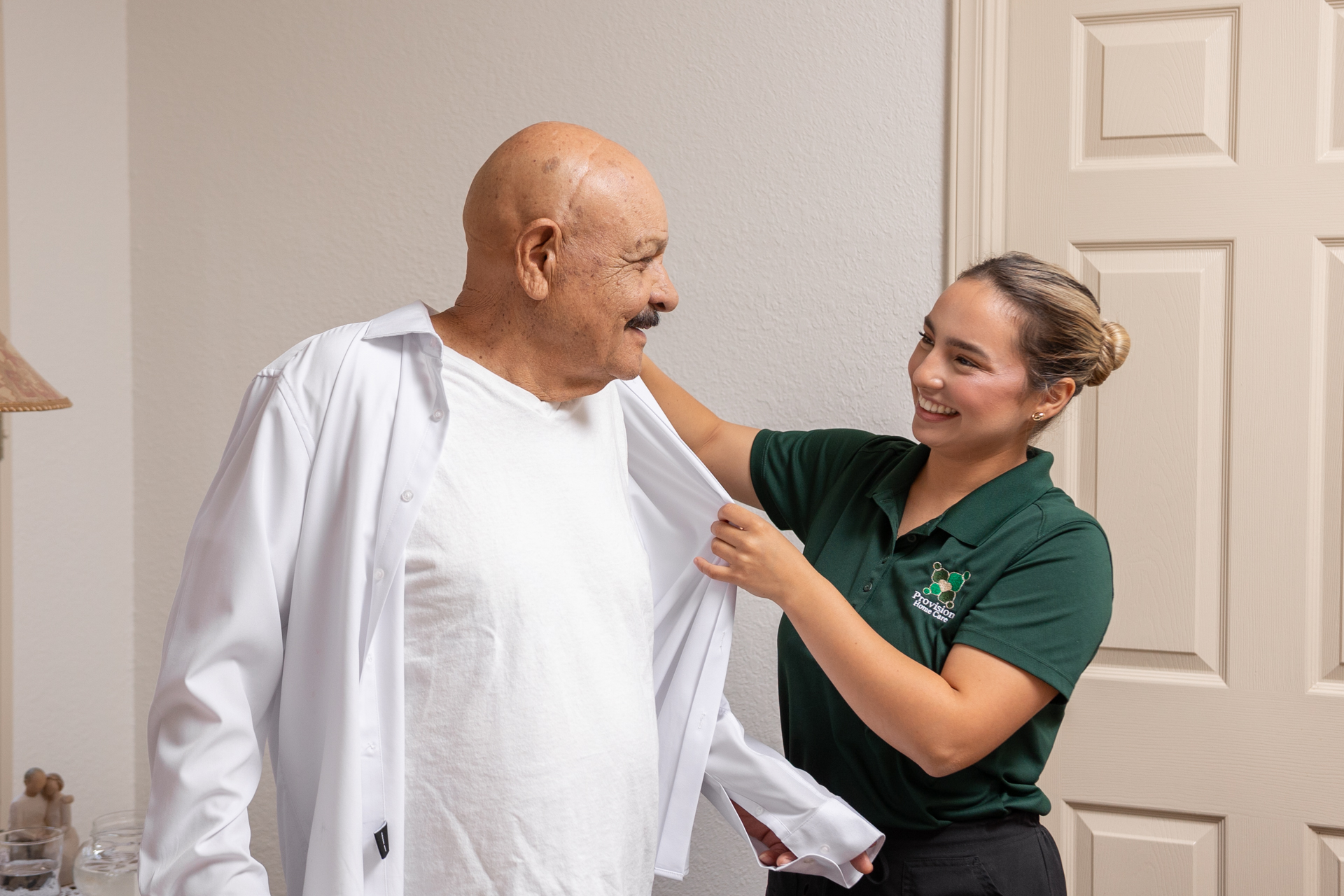
Personal assistance services provided by caregivers encompass a range of essential tasks aimed at helping individuals with daily activities they may find challenging due to age, illness, or disability. This includes assistance with activities of daily living such as bathing, dressing, grooming, and toileting.
Caregivers offer respectful and compassionate support, maintaining the individual’s dignity and comfort throughout. They may also assist with mobility, transferring from bed to chair, and providing medication reminders to ensure adherence to prescribed regimens. Personal assistance services by caregivers are vital in enabling individuals to maintain independence in their own homes while receiving the necessary help to navigate daily life with dignity and ease.
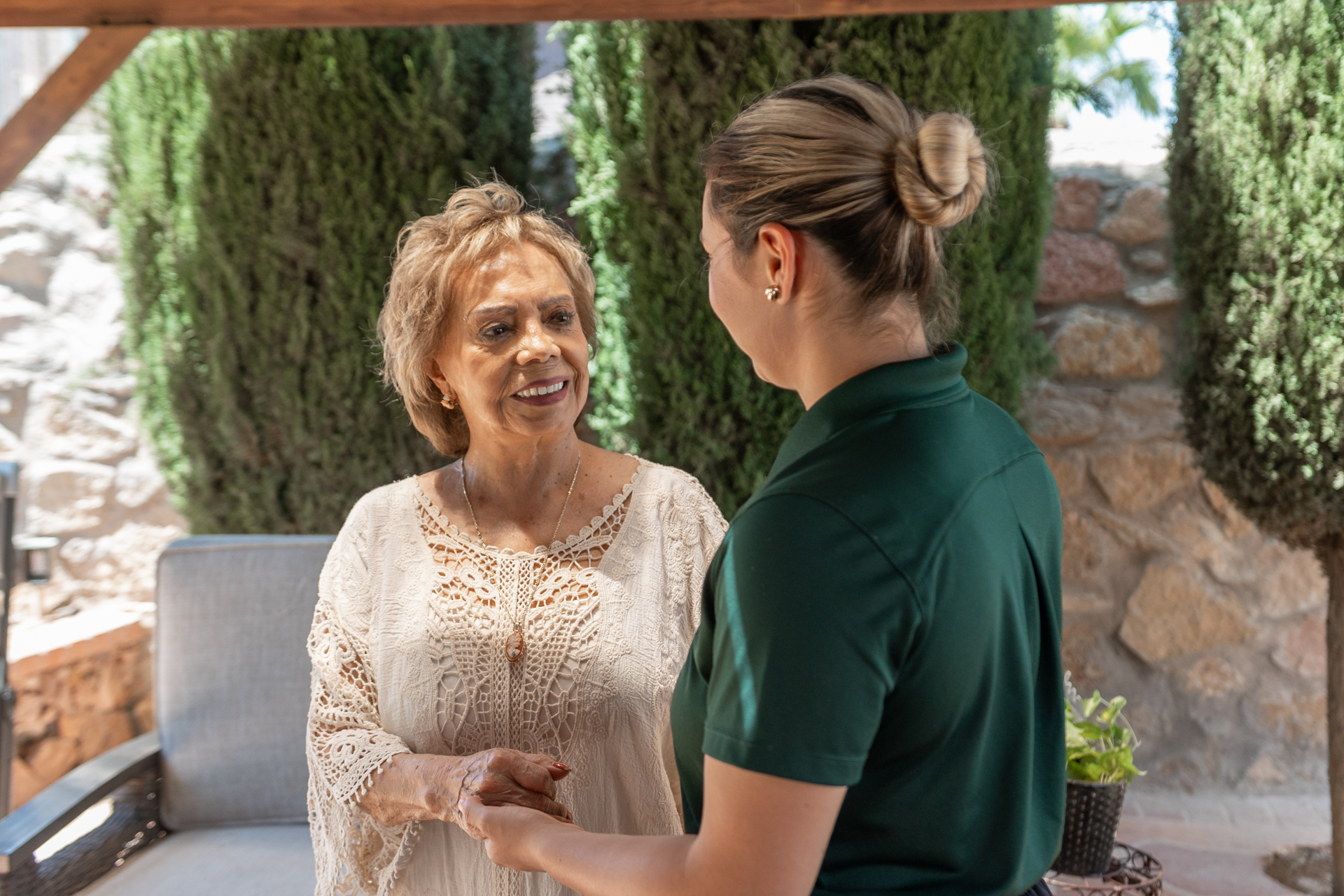
Transitional care provided by caregivers involves supporting individuals during periods of change, such as transitioning from hospital to home or moving between different levels of care. Caregivers ensure a smooth transition by coordinating medical appointments, providing medication reminders, and monitoring health progress closely.
They may also assist with range of motion or dietary adjustments as prescribed by healthcare professionals. Emotional support is integral during these transitions, helping individuals and their families adjust to new routines and challenges. By providing comprehensive care and continuity, caregivers play a crucial role in promoting recovery, independence, and overall well-being during these critical phases.

Respite care offered by caregivers provides temporary relief to primary caregivers who need a break from their caregiving responsibilities. It allows caregivers to take time for themselves to rest, attend to personal errands, or simply recharge. During respite care, caregivers step in to provide continuity of care, ensuring the safety and well-being of the individual receiving care.
This service is invaluable in preventing caregiver burnout and maintaining the overall health of both the caregiver and the person they care for. Respite care can be scheduled regularly or as needed, offering flexibility and support to families facing the demands of caregiving